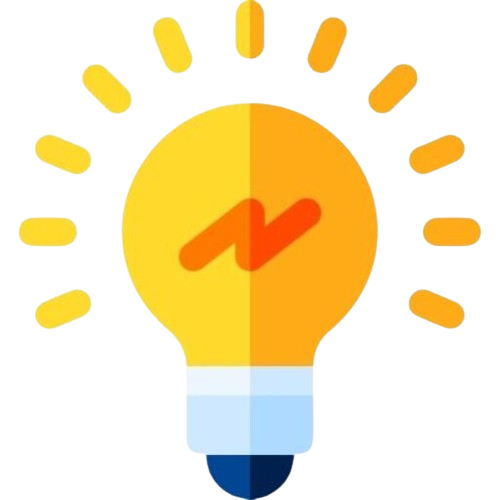In an attempt to be efficient and productive we force ourselves to always stay busy with some task or other. Not being occupied gives the impression that we are incompetent and wasteful. But sometimes, quite often actually, too much activity becomes counterproductive. This is known as Do Something Bias (DSB).
As Blaise Pascal wrote:
All of humanity’s problems stem from man’s inability to sit quietly in a room alone.
Do Something Bias is not only wasteful but can harm you in the long term.
19th Century American writer Henry David Thoreau said –
It is not enough to be busy; so are the ants. The question is: What are we busy about?’ Don’t confuse activity with results. There is no reason to do a good job with something you shouldn’t do in the first place.
Ironically, even medical profession isn’t immune to the ill effects of Do Something Bias. In medical terms this is called Iatrogenic, which means causing unintentional harm while trying to help. Nassim Taleb has extensively discussed this topic in his book Antifragile. Here is an excerpt from the book:
Consider this need to do-something through an illustrative example. In the 1930s, 389 children were presented to New York City doctors; 174 of them were recommended tonsillectomies [surgically removing the tonsil, a small bell shaped piece of organ hanging inside your throat]. The remaining 215 children were again presented to doctors, and 99 were said to need the surgery. When the remaining 116 children were shown to yet a third set of doctors, 52 were recommended the surgery…note that a death occurs in about every 15000 such operations … every child who undergoes an unnecessary operation has a shortening of her life expectancy…
When you medicate a child for an imagined or invented psychiatric disease, say, ADHD or depression, instead of letting him out of the cage, the long-term harm is largely unaccounted for.
You can routinely find doctors prescribing heavy doses of antibiotics for a minor seasonal cold. Most of these strong antibiotic drugs are hepatotoxic i.e. causing damage to liver. In short they expedite the recovery from flu but the liver damage isn’t visible immediately. Why don’t they just send their patients back home with only an instruction to take rest and allow the body’s natural healing system to cure the minor cold? Taleb explains –
…the doctor who refrains from operating on a back (a very expensive surgery), instead giving it a chance to heal itself, will not be rewarded and judged as favourably as the doctor who makes the surgery look indispensable, then brings relief to the patient while exposing him to operating risks, while accruing great financial rewards to himself.
One of the culprits for triggering DSB in human mind is the overload of information. Has it ever happened that you opened the front page of the leading financial newspaper and it said “Nothing significant happened today”. For that matter majority of news (financial or non-financial) is toxic.
In financial markets, ups and downs are natural economic cycles (very similar to a living organism whose pulse is not a straight line) and it’s the natural way of maintaining a dynamic equilibrium (supply and demand). An interesting property of DSB is that the urge to act tends to intensify after a loss (a period of poor portfolio performance). So if your portfolio hasn’t performed well for some time (short term), it’s very difficult to sit and do nothing about it. This is when you need to be alert and be aware of your vulnerability. Similarly, if you have cash but no opportunity available (a common problem for value investors during bull market), you need to practice patience and remind yourself of ill effects of DSB.
As Warren Buffett says:
Holding cash is uncomfortable, but not as uncomfortable as doing something stupid.
Making too many decisions also introduces something called decision fatigue. The more decisions you have to make lower the quality of each decision. Too many decisions and over activity increase the odds of failure especially in stock market investing. What it means is that while making any decision or taking any action, you should question yourself whether your decision is backed by sound reasons and analysis or it is just an excuse to satisfy the itch to do something.
